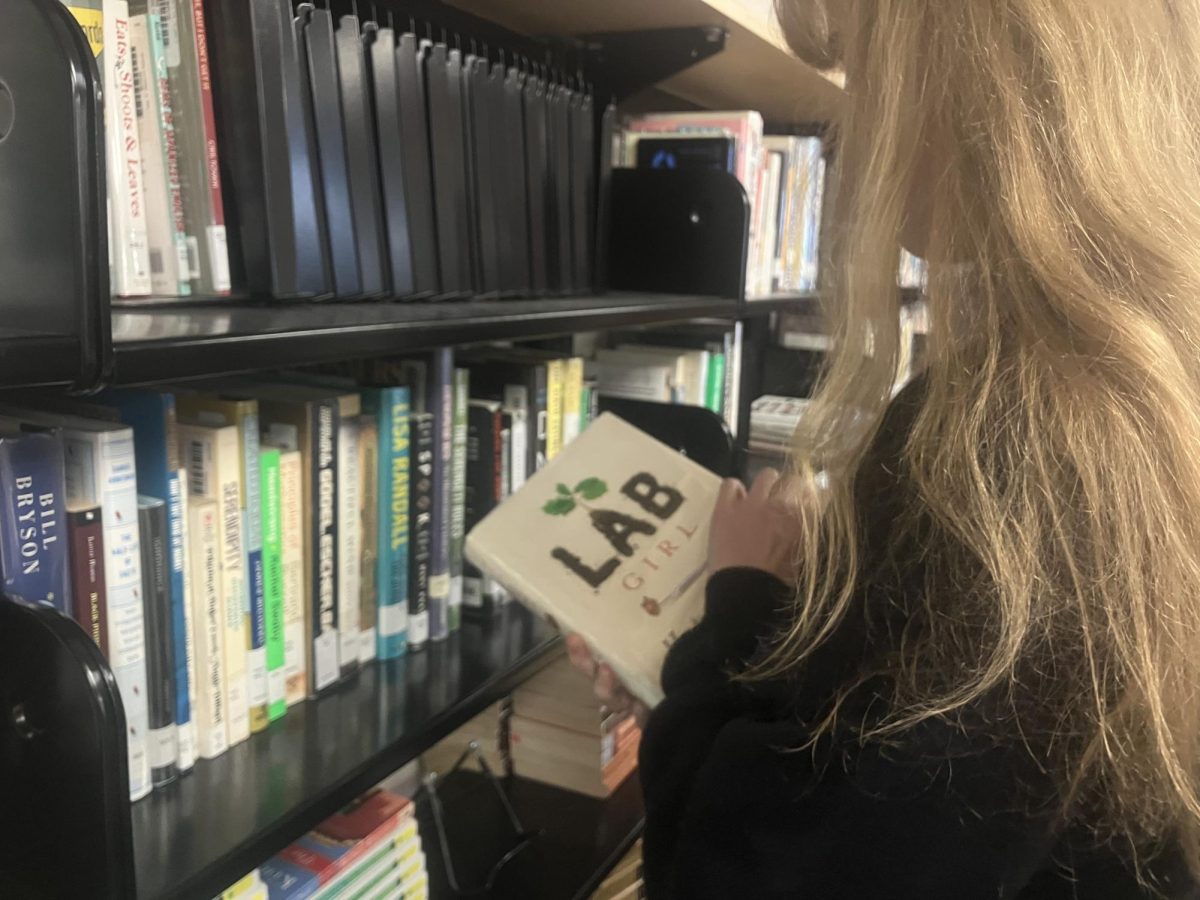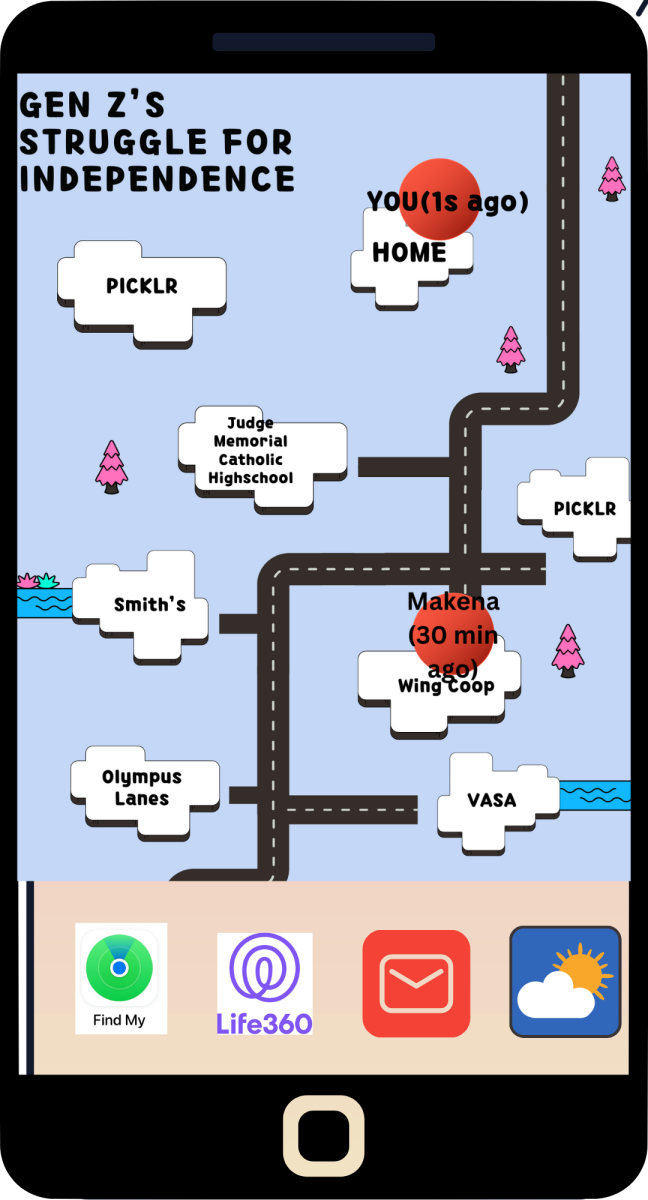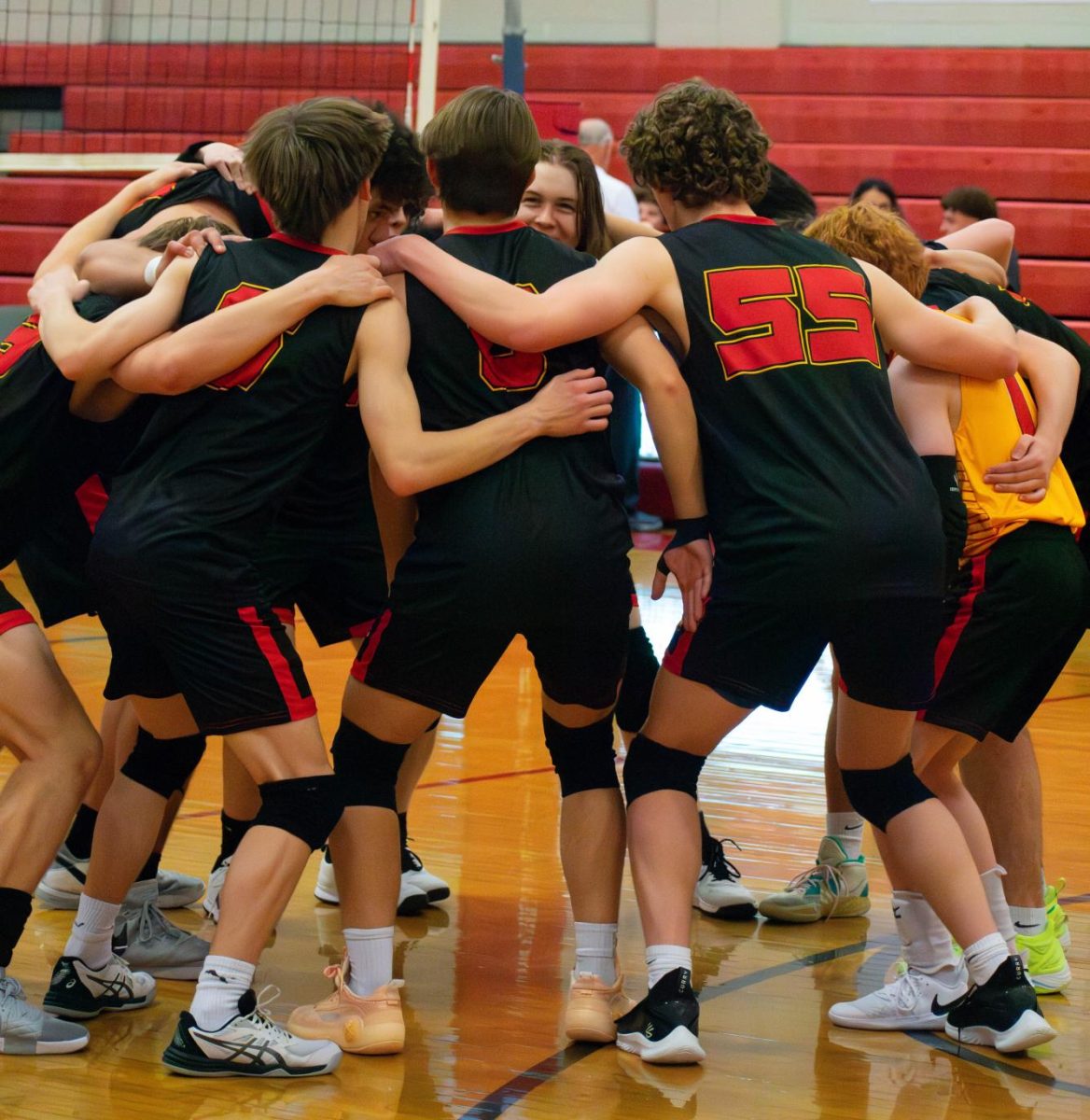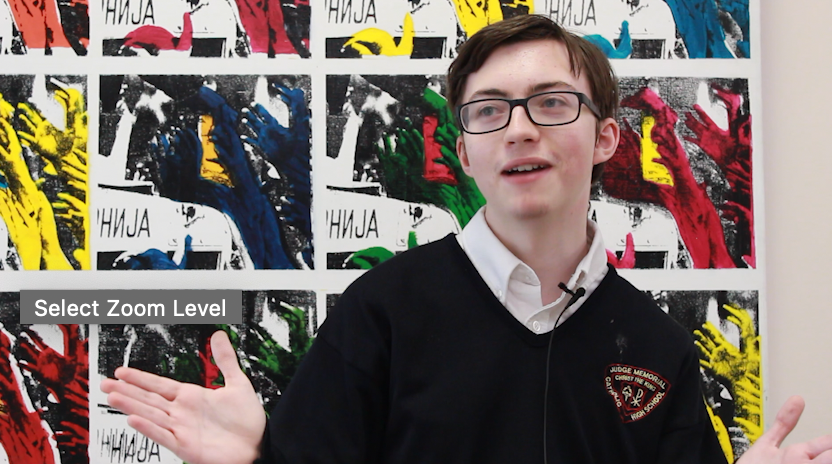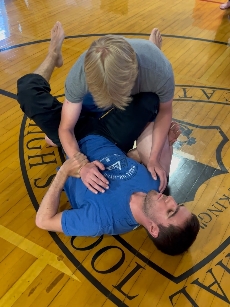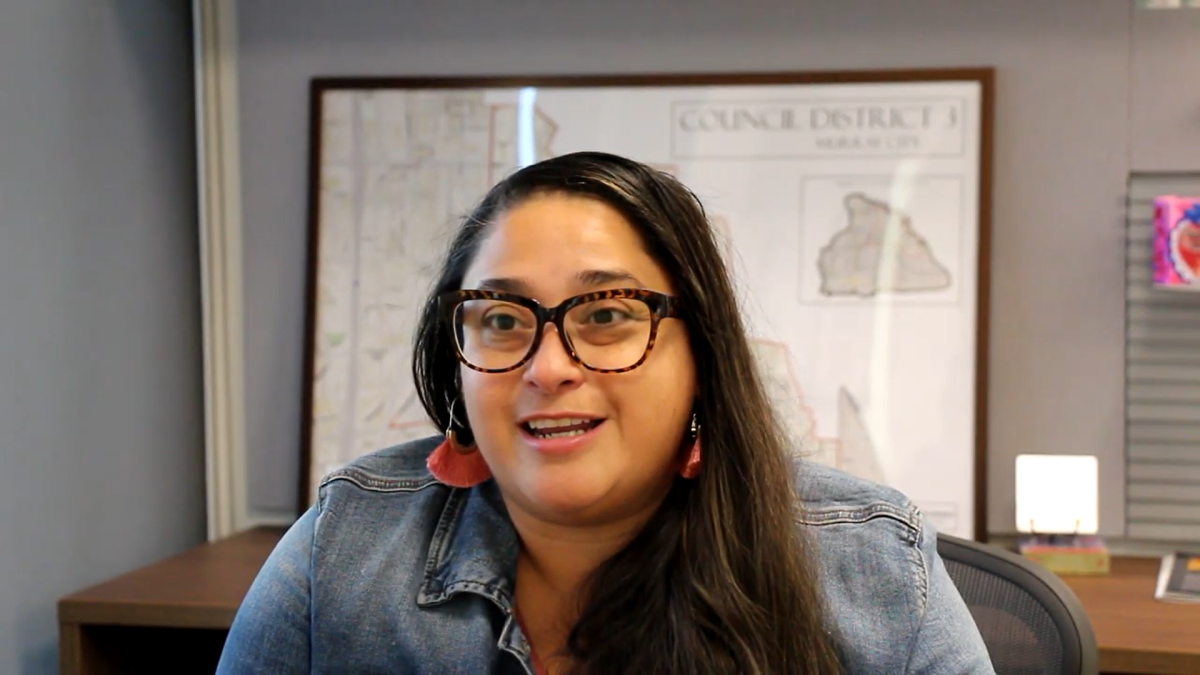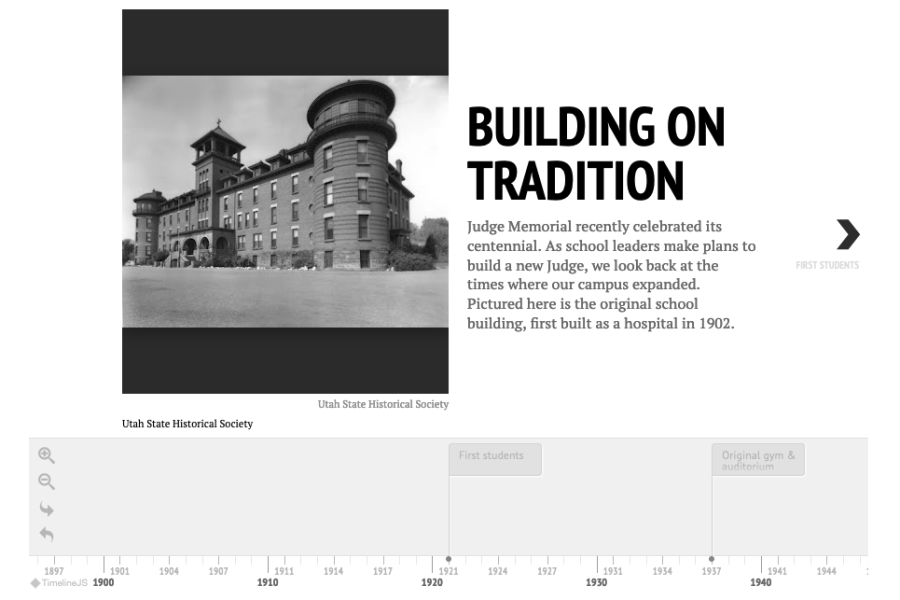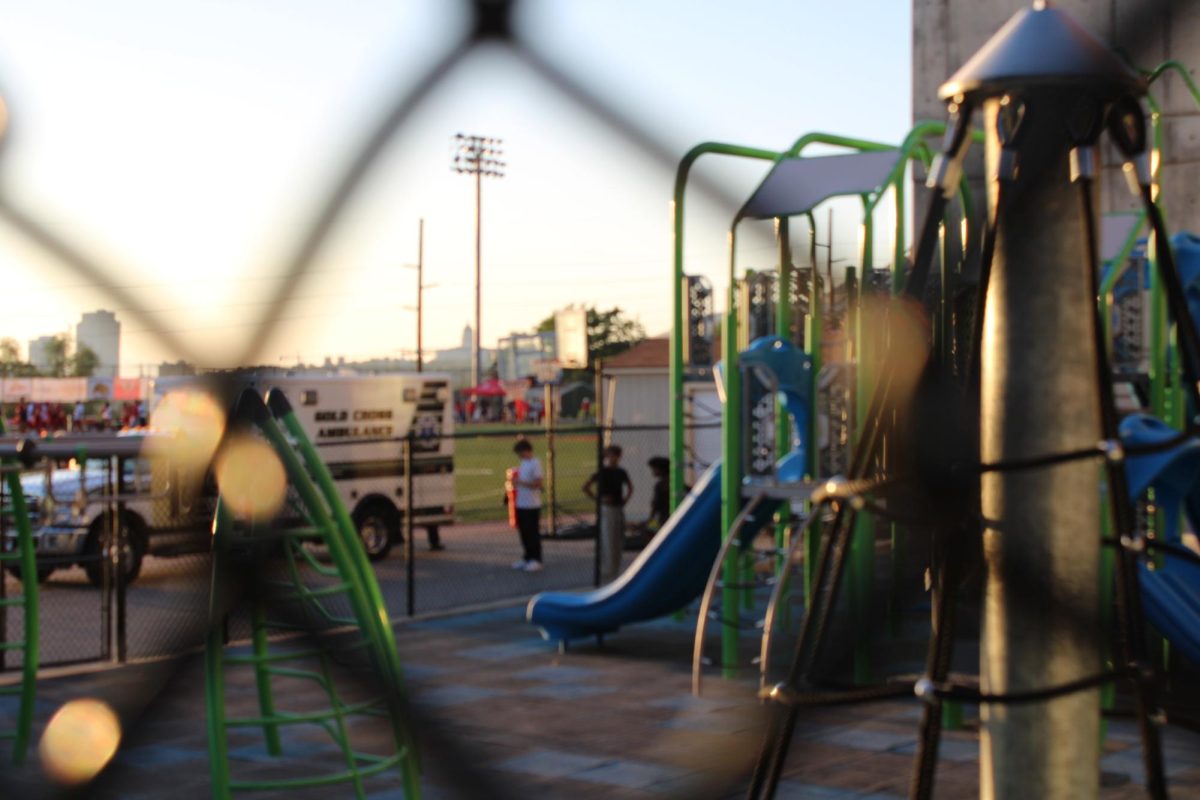Speed zones are put in place to protect pedestrians, as well as other cars, from the potential dangers that come from excessive speed in populated areas. This is especially reinforced in school zones, where cars are expected to slow down even more during school start and end times to help ensure the safety of students who are walking into school.
Like all other speed limits, the penalty for going too fast is a hefty fine in the form of a speeding ticket, and a school zone is no different. However, there is currently a proposed bill that suggests that fines for speeding in school zones should be greatly increased, with the highest fine nearing $1,000. While eliminating speeding in school zones is an essential goal, raising the fines is not the way to do it.
The bill was proposed by Sandy representative Robert Spendlove, and it proposes to raise speeding ticket costs for those in school zones and those who don’t follow school bus warning light rules. The new ticket prices range from $260 on a first offense up to $960 for going 40+ on a second offense.
While raising ticket prices to a more significant amount to discourage speeding may be an effective way to prevent some people from speeding, it will not affect others, as people who can easily pay the fines may see it as a way to speed in school zones with no consequences. While the group of people that can afford that is made much smaller by this proposed bill, it is still an issue and it only takes one to affect a whole community.
A better solution would be to increase the amount of points against your driving record for speeding in school zones.
According to the Utah State Courts, currently if you receive more than 200 points against your license in a three-year period your license will be revoked, and a speeding ticket can range from 35-75 points against your record. A better solution would be to raise the points against a license for school zone speeding so that if it happens three times or even as little as two times, your license will be revoked. This will be more effective because it affects everybody regardless of who you are, and it is more likely to lower speeding in school zones.
Regardless of how it is achieved, it is still really important that we work to reduce speeding in school zones.







